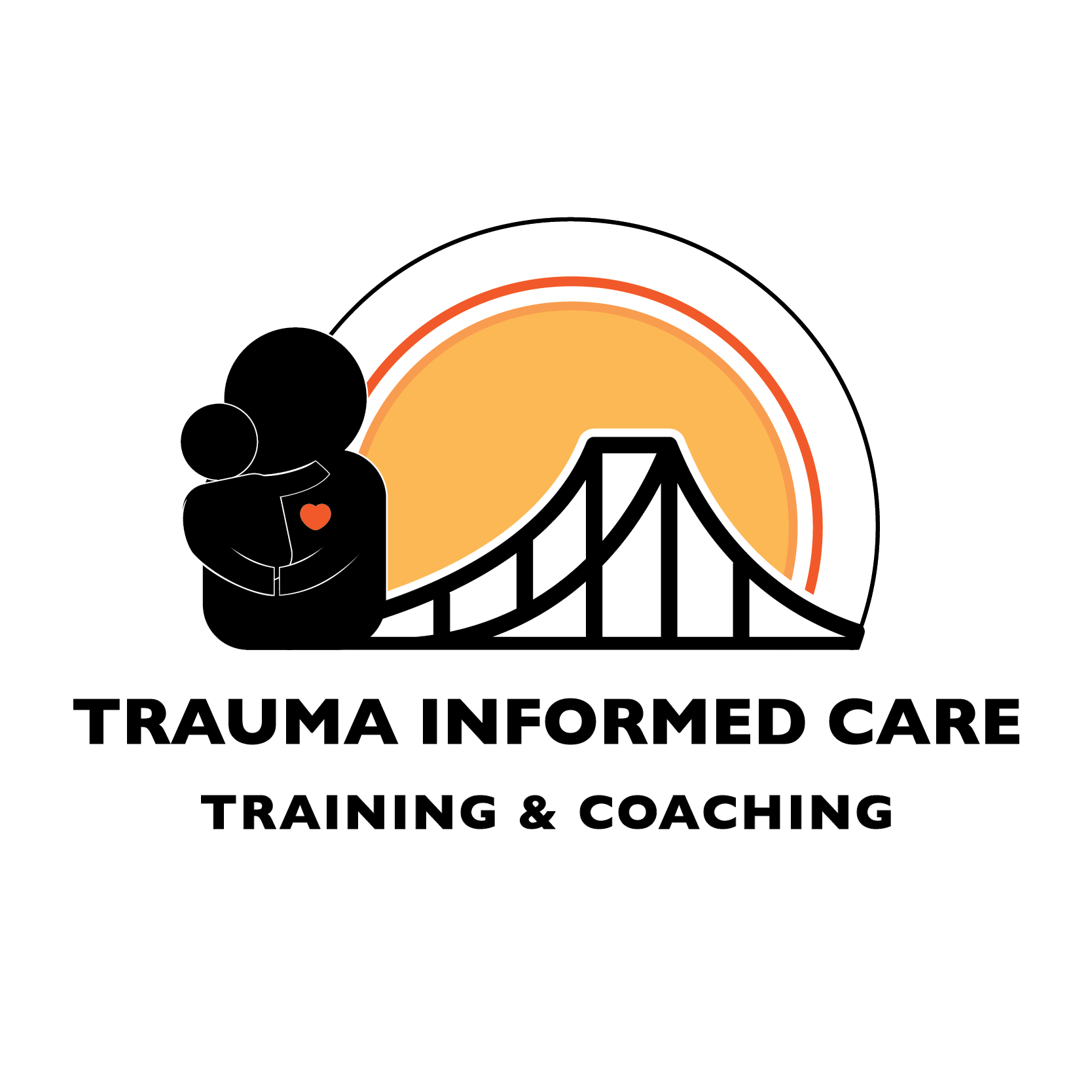Promoting trauma-informed child care practices across California
Children in foster care fare better when they’re placed with families, but a common barrier for families accepting children in foster care is the lack of affordable child care.
The Emergency Child Care Bridge for Children in Foster Care Program (Bridge Program) aims to increase the number of children in foster care successfully placed in child care settings, increase capacity of child care programs to meet the needs of children in foster care and children who have experienced trauma, and maximize funding to support the child care needs of eligible families.
The Bridge Program consists of three parts:
- Emergency child care voucher: Eligible families receive a time-limited child care voucher or payment to help pay for child care costs for children in foster care.
- Child Care Navigator: The local resource and referral agency provides a child care navigator to assist with finding a child care provider, securing a subsidized child care placement, completing child care program applications, and developing a plan for long-term child care.
- Trauma-informed care training and coaching: Child care providers participating in the Bridge Program receive access to trauma-informed care training and coaching from their local resource and referral agency.
Trauma-Informed Care Training & Coaching Program

To learn more about the Network's TIC Training and Coaching Program, check out the infographics below.
TIC Training & Coaching Program Overview of Fiscal Year 2022-2023
For more information about the Bridge Program, visit CDSS - Emergency Child Care Bridge Program for Foster Children.
To learn more about trauma, visit our California Bridge Program Community on PACEs Connection.
To learn more about the impacts of trauma, please view this video on ACEs from Dr. Nadine Burke Harris.
For additional resources on trauma-informed care, please visit our Provider Support & Resources page.
